Isis documents leak reveals profile of average militant as young, well-educated but with only 'basic' knowledge of Islamic law
Military analysts in the US said the importance of insight gained using the documents 'cannot be overstated'
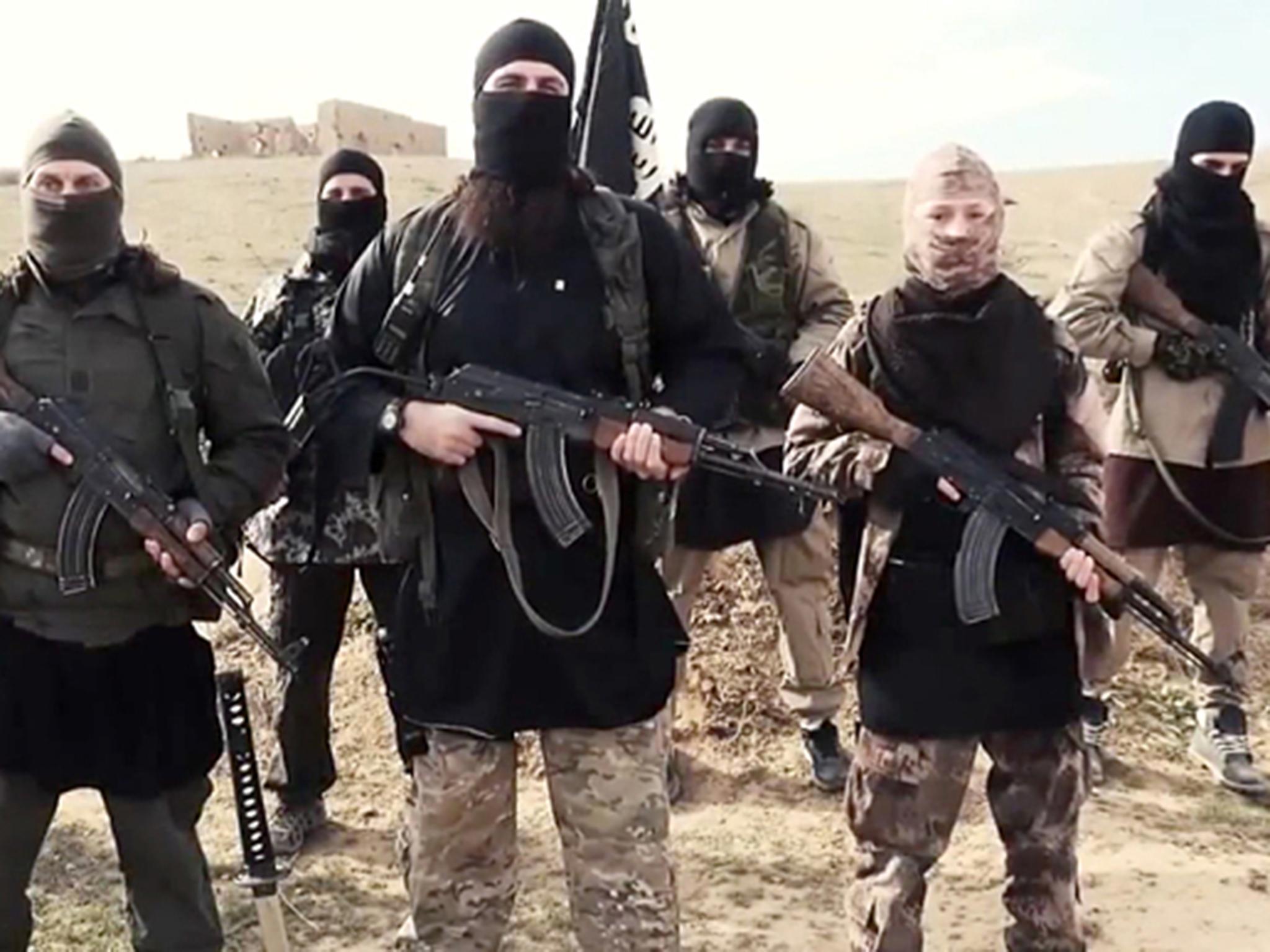
Your support helps us to tell the story
From reproductive rights to climate change to Big Tech, The Independent is on the ground when the story is developing. Whether it's investigating the financials of Elon Musk's pro-Trump PAC or producing our latest documentary, 'The A Word', which shines a light on the American women fighting for reproductive rights, we know how important it is to parse out the facts from the messaging.
At such a critical moment in US history, we need reporters on the ground. Your donation allows us to keep sending journalists to speak to both sides of the story.
The Independent is trusted by Americans across the entire political spectrum. And unlike many other quality news outlets, we choose not to lock Americans out of our reporting and analysis with paywalls. We believe quality journalism should be available to everyone, paid for by those who can afford it.
Your support makes all the difference.Male, 26, single, quite well-educated but not an expert on the Quran – this is the profile of an average fighter joining Isis.
Analysis of thousands of entry documents leaked from the terrorist group has provided vital new insight into the background and expertise of its international jihadists.
The US military’s Combating Terrorism Center (CTC) said all evidence pointed to the cache being genuine, exposing personal details of 4,188 militants who joined Isis in 2013 and 2014.
“The importance of this data for understanding the Islamic State and, in particular, the foreign fighter flow, cannot be overstated,” analysts said, hailing an important step in fathoming the group’s motivations and techniques.
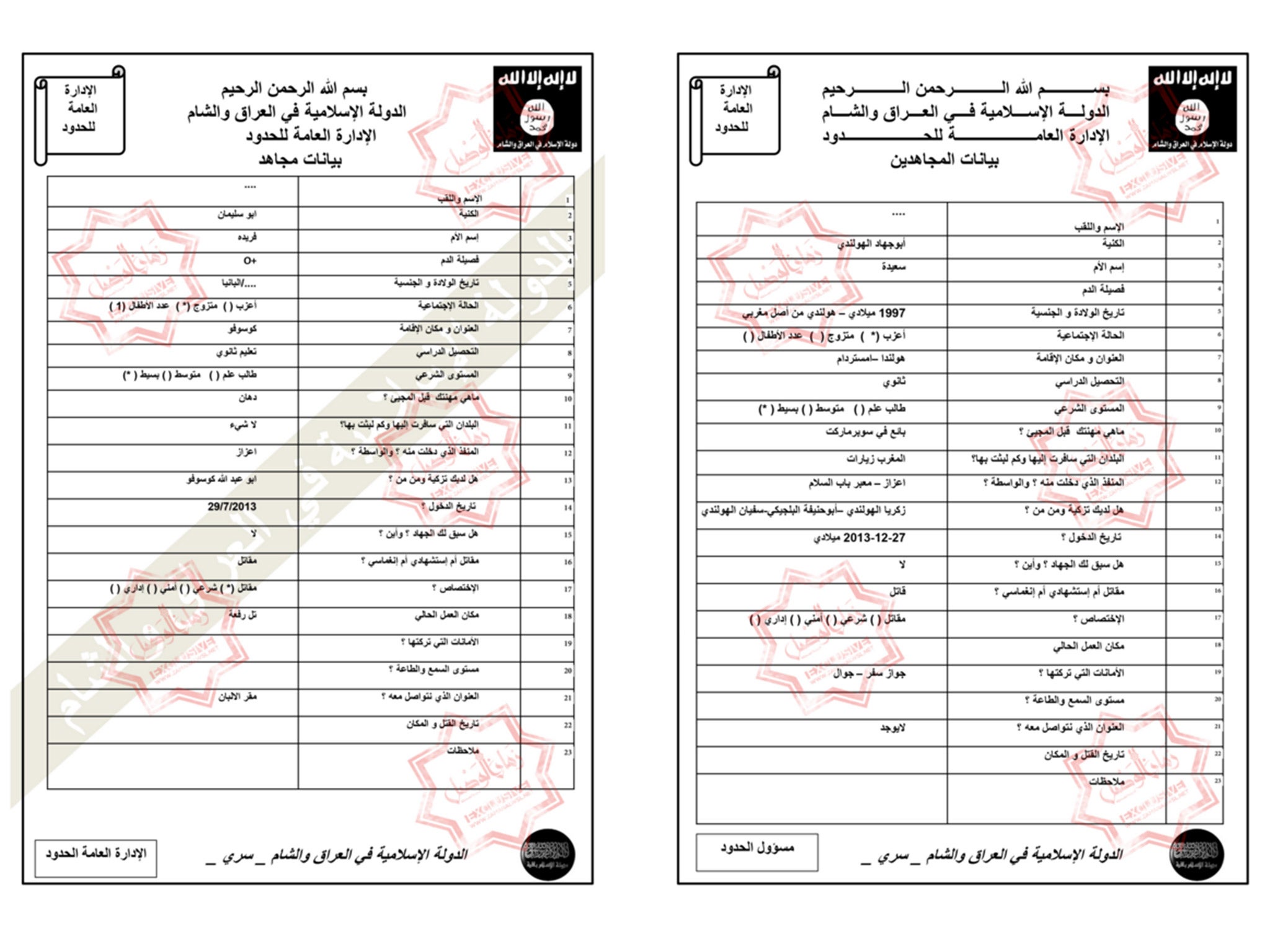
A unique personnel form exists for each individual, containing their real and “war” names, ages, education level, “jihad experience”, nationalities and numerous other details.
Each recruit was also asked whether they wanted to be a fighter, istishhadi (suicide bomber), or inghimasi (suicide fighter), with the overwhelming majority choosing the former.
Analysis by the CTC, an academic institution at the United States Military Academy, revealed citizens of 77 countries in Isis ranks, with the highest number identifying themselves as Saudi Arabian.
There were 26 British fighters on the list, far below the numbers from Germany and France in the files, which included names of known UK militants and three of the Paris attackers.
But the figure doubled to 57 for those saying they had been resident in the UK before travelling to Isis territories in Syria, suggesting that many of the men may have had foreign or dual nationalities.
The average year of birth was 1987, making the typical recruit between 26 and 27 years old at the time of signing up.
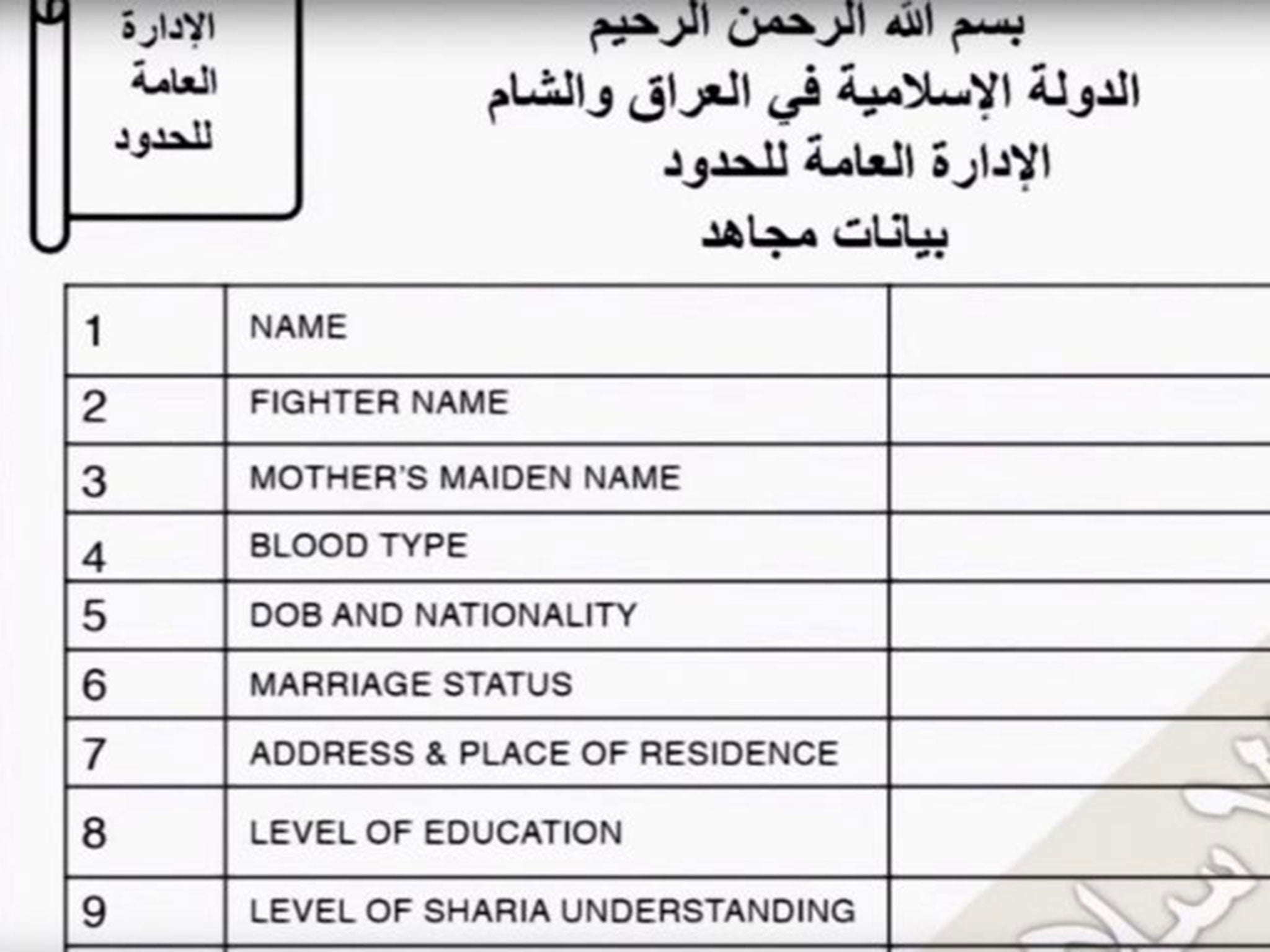
Ages varied hugely by country, with the younger fighters tending to be from Western nations including the UK, Denmark, Germany, Belgium, Canada and Australia, compared to older militants from the Middle East, North Africa, Russia and China with experience fighting in other conflicts.
“The average age of Western fighters is lower than that of non-Westerners,” the CTC noted.
“This suggests the need for tailored and nuanced prevention, intervention, and reintegration programmes.”
Another startling finding was the level of education listed, with most of the recruits saying they had completed secondary school and many listing higher education and university degrees.
The report described the group as “generally well educated” and said that although some of the fighters recorded no formal education, a roughly equal number held advanced degrees.
PhDs in economics, computer science, English, physiology and teaching were among those listed, with Western fighters being more highly educated on average.
The one area of education that was noticeably lacking, however, was that in Islamic law, or Sharia.
Of those who answered a question on the level of their religious knowledge, 70 per cent described it as “basic”, while those citing greater expertise were mainly Saudis, Egyptians, Tunisians and Indonesians.
The finding supports analysts’ assertions that Isis has twisted the Quran to serve its purposes, introducing brutal and “un-Islamic” punishments in its territories.
An open letter signed by more than 100 Muslim scholars accused Isis of deliberately misinterpreting the holy book in 2014.
“It is forbidden in Islam to oversimplify Sharia matters and ignore established Islamic sciences,” said the missive directed at the group’s leader, Abu Bakr al-Baghdadi.
“One cannot ‘cherry-pick’ Quranic verses for legal arguments without considering the entire Quran and Hadith.”
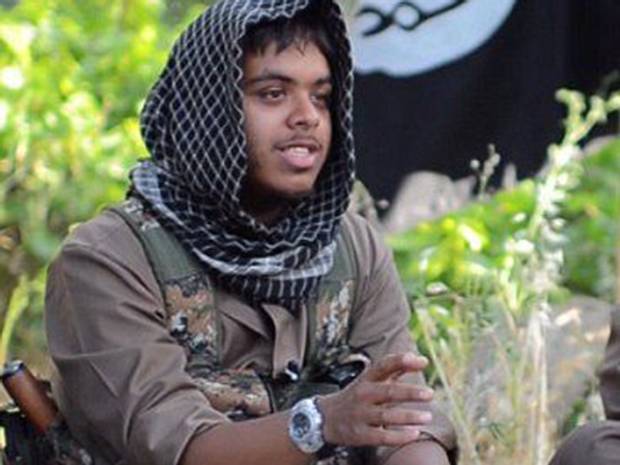
When asked about their previous occupation, the most-cited role was unskilled labourers, then trade and “student” in third place.
More than 200 listed themselves as unemployed, while double that number left the field blank, suggesting they were also without work.
“The average recruit either was a student or had a job, just not a particularly high-paying one,” the report said.
The CTC said some of the positions in the cache “might prompt concerns about future threats”, including petrol technicians, former soldiers, IT experts, pilots, plane mechanics and a former aircraft security officer who was previously affiliated with the Saudi interior ministry.
“There are clear indicators in the data that the Islamic State was using these forms to ‘talent scout’ and identify individuals with specific educational, professional, or military backgrounds that might prove useful to the group in the future,” it added.
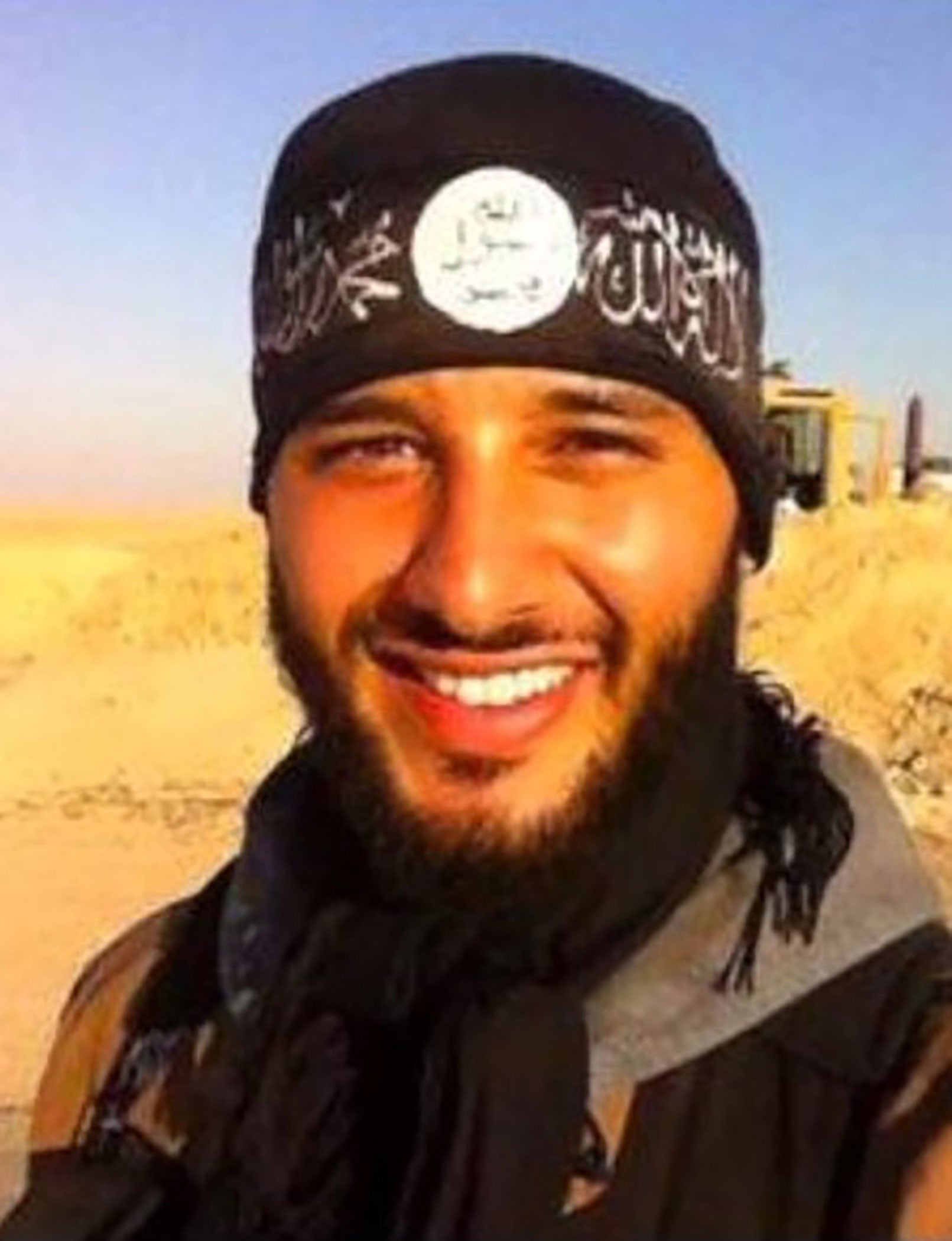
Not all occupations would be seen as desirable by the so-called Islamic State’s fanatics.
A 24-year-old from Gaziantep, Turkey was listed as having been a “drug and hashish dealer”. His form contained a note from an Islamic State official stating: “May God forgive him and us!”
When the employment field was narrowed down to those with post-secondary education, the vast majority of extremists said they were students, self-employed or in trade.
The CTC said the discrepancy may support theories about the radicalisation process in Europe, where many of the Isis fighters identified so far have had few prospects at home.
“Some in this dataset may have been motivated by frustration over failure to achieve expected success in the job market following their education,” the report noted.
“Relative deprivation is a well-covered theory of political violence.”
Analysis also showed that almost two thirds of the fighters were unmarried, while 90 per cent had no previous “jihadist experience”.
Some of the personnel records were initially published by Syrian opposition news site, Zaman al Wasl, followed by German media outlets, Sky News and NBC, which passed their documents on to CTC analysts.
The American broadcaster said it acquired the files from a former Isis fighter who became disillusioned and stole the records before defecting from the organisation.
Afzal Ashraf, a visiting fellow at Nottingham University’s centre of conflict, security and terrorism, previously told The Independent the leak was “devastating” for the terrorist group.
“It will be a great blow for their recruitment process because these documents show not just the people joining but the networks involved in radicalising them and facilitating their travel,” he said.
“Any recruit will know they are very likely to be discovered and there will be serious consequences for them - it doesn’t inspire a great deal of confidence.”
Join our commenting forum
Join thought-provoking conversations, follow other Independent readers and see their replies
Comments